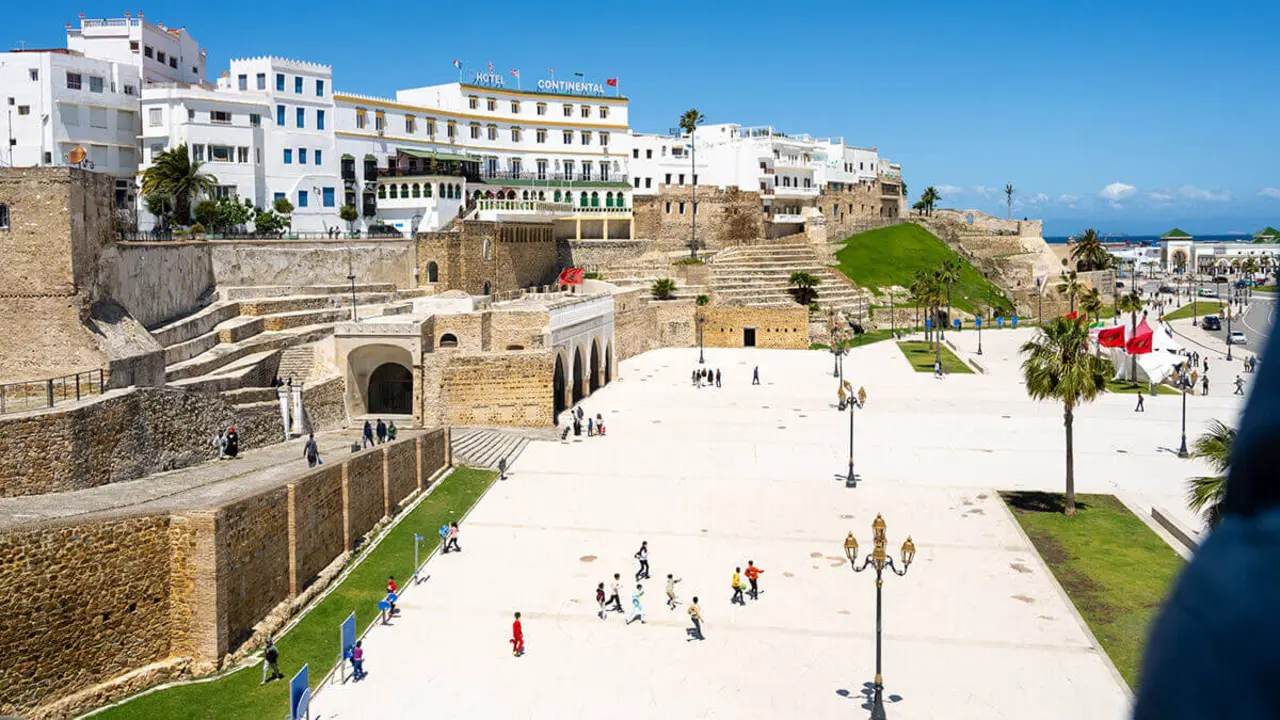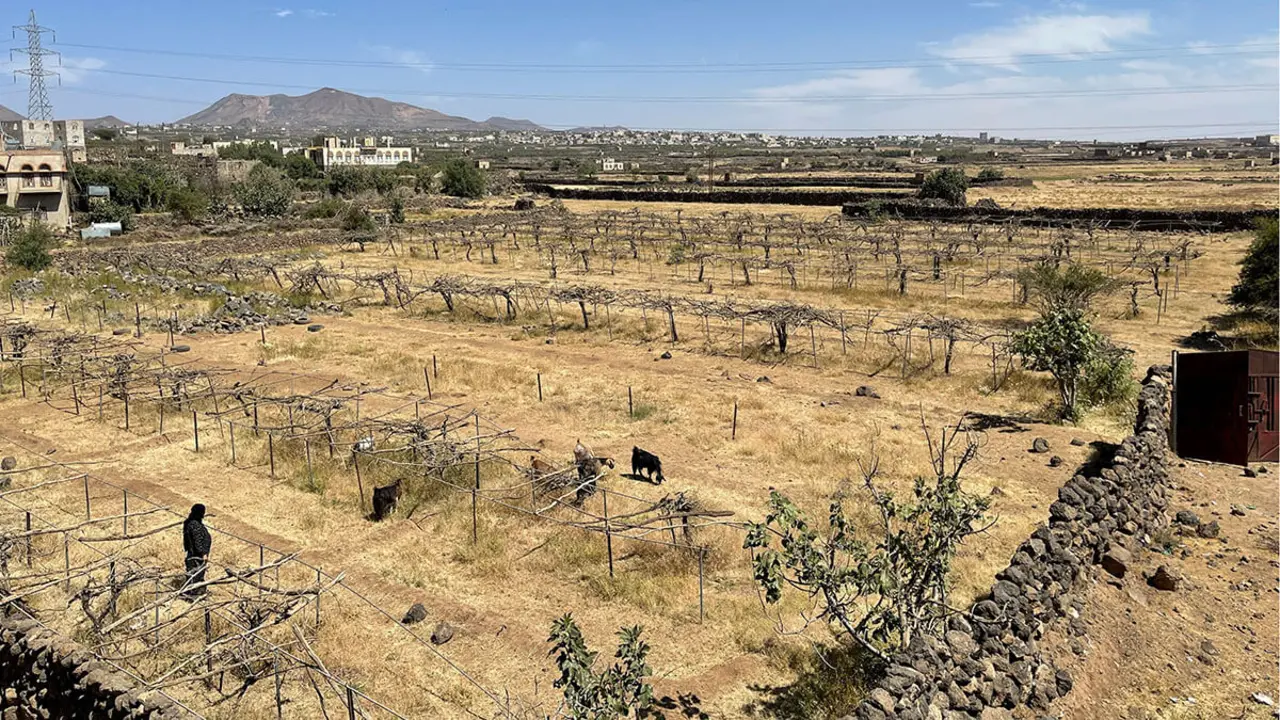“En Zimbabue no lloramos por los leones”, la carta que está sorprendiendo al mundo

Goodwell Nzou/The New York Times/estovalelapena.com
Goodwell Nzou es un estudiante en biociencias moleculares y celulares en Carolina del Norte (Estados Unidos). Su origen es el Zimbabue rural y cuando mataron al león Cecil y vio la reacción en Estados Unidos no pudo sino escribir una carta al New York Times. Estos son algunos de sus párrafos:
Mi mente estaba absorta en la edición genética bioquímica cuando los mensajes de texto y posts de Facebook llamaron mi atención: “Lo siento por Cecil”, “¿Vivía Cecil cerca de tu lugar en Zimbabue?”.
¿Cecil quién?, me pregunté. Cuando descubrí que era un león matado por un dentista americano, el chico de aldea que hay en mí lo celebró: un león menos para amenazar familias como la mía. Sufrí la confrontación cultural más grande en los cinco años que llevo estudiando en los Estados Unidos. ¿Todos esos estadounidenses entendían que los leones matan personas? ¿Entendían que eso de que Cecil era “amado” y el “favorito de los lugareños” era todo cosa de los medios? ¿Jimmy Kimmel hizo sus críticas por un león asesinado o porque lo confundió con Simba?
En mi pueblo de Zimbabue ningún león ha sido amado nunca ni ha tenido un nombre cariñosos. Son objetos de terror. Cuando tenía 9 años un león mató a varias gallinas y cabras. A partir de entonces se acabó jugar al exterior y mi padres y hermanos mayores iban a buscar leña juntos y armados con machetes y hachas.
Una semana más tarde supimos que mi tío había sido atacado y, afortunadamente, sólo tuvo una lesión en una pierna. El león empeoró la vida en mi aldea. Ya nadie socializaba alrededor de hogueras por la noche ni nadie se atrevía a andar a casa del vecino.
Cuando mataron al león a nadie le importo si lo hizo alguien local o era un trofeo de un hombre blanco, si se hizo de forma legal o ilegal. Danzamos y cantamos para celebrar haber vencido a la espantosa bestia.
Hace poco, un chico de 14 años tuvo menos suerte. Dormía con su familia al aire libre, como se hace para proteger las cosechas de rinocerontes, búfalos y elefantes, y un león lo mató. La muerte de Cecil tampoco ha cosechado muchas simpatías en el Zimbabue urbano. Pocos han visto un león o se preocupan por la caza de los ricos, cuando ellos cobran 150 dólares al mes.
No me malinterpretéis: para la gente de Zimbabue los animales salvajes tienen un significado casi místico. Pertenecemos a clanes, y cada uno tiene un animal sagrado que nunca comerá y cazará. El mío, por ejemplo, es el clan Nzou. No tocamos la carne del elefante, sería como comerse a un pariente. Pero ese respeto no nos hace evitar que alguien los cace. Estoy familiarizado con los animales salvajes. Yo perdí mi pierna derecha por el ataque de una serpiente.
La tendencia de hacer de los animales algo romántico y darles nombres nos parece a la gente de Zimbabue un circo absurdo. 800 leones se han matado de forma legal en Zimbabue en la última década.
PETA pide que se ahorque al cazador. Y muchos americanos que no sabrían poner Zimbabue en un mapa aplauden que se quiera extraditar al dentista, mientras ignoran que en el banquete del aniversario de nuestro presidente se mató a una cría de elefante.
La gente de Zimbabue nos preguntamos por qué los americanos se preocupan más por los animales africanos que por la gente de África. No nos digáis qué hacer con nuestros animales cuando prácticamente habéis extinguido a vuestro león de montaña, el puma. No lloréis porque desforestamos la jungla, cuando las vuestras las habéis hecho de asfalto.
Y, por favor, no me deis las condolencias sobre Cecil a menos que también vayáis a dármelas por los aldeanos muertos por culpa de los parientes de Cecil, o por la violencia política [Zimbabue es una dictadura muy violenta] o por el hambre.
Texto íntegro en inglés publicado por The New York Times
In Zimbabwe, We Don’t Cry for Lions
By GOODWELL NZOUAUG.
Goodwell Nzou is a doctoral student in molecular and cellular biosciences at Wake Forest University.
Winston-Salem, N.C. — MY mind was absorbed by the biochemistry of gene editing when the text messages and Facebook posts distracted me.
So sorry about Cecil.
Did Cecil live near your place in Zimbabwe?
Cecil who? I wondered. When I turned on the news and discovered that the messages were about a lion killed by an American dentist, the village boy inside me instinctively cheered: One lion fewer to menace families like mine.
My excitement was doused when I realized that the lion killer was being painted as the villain. I faced the starkest cultural contradiction I’d experienced during my five years studying in the United States.
Did all those Americans signing petitions understand that lions actually kill people? That all the talk about Cecil being “beloved” or a “local favorite” was media hype? Did Jimmy Kimmel choke up because Cecil was murdered or because he confused him with Simba from “The Lion King”?
In my village in Zimbabwe, surrounded by wildlife conservation areas, no lion has ever been beloved, or granted an affectionate nickname. They are objects of terror.

Photo: Protesters have called for the death of the hunter who killed Cecil the lion. Credit Eric Miller/Reuters
When I was 9 years old, a solitary lion prowled villages near my home. After it killed a few chickens, some goats and finally a cow, we were warned to walk to school in groups and stop playing outside. My sisters no longer went alone to the river to collect water or wash dishes; my mother waited for my father and older brothers, armed with machetes, axes and spears, to escort her into the bush to collect firewood.
A week later, my mother gathered me with nine of my siblings to explain that her uncle had been attacked but escaped with nothing more than an injured leg. The lion sucked the life out of the village: No one socialized by fires at night; no one dared stroll over to a neighbor’s homestead.
When the lion was finally killed, no one cared whether its murderer was a local person or a white trophy hunter, whether it was poached or killed legally. We danced and sang about the vanquishing of the fearsome beast and our escape from serious harm.
Recently, a 14-year-old boy in a village not far from mine wasn’t so lucky. Sleeping in his family’s fields, as villagers do to protect crops from the hippos, buffalo and elephants that trample them, he was mauled by a lion and died.
The killing of Cecil hasn’t garnered much more sympathy from urban Zimbabweans, although they live with no such danger. Few have ever seen a lion, since game drives are a luxury residents of a country with an average monthly income below $150 cannot afford.
Don’t misunderstand me: For Zimbabweans, wild animals have near-mystical significance. We belong to clans, and each clan claims an animal totem as its mythological ancestor. Mine is Nzou, elephant, and by tradition, I can’t eat elephant meat; it would be akin to eating a relative’s flesh. But our respect for these animals has never kept us from hunting them or allowing them to be hunted. (I’m familiar with dangerous animals; I lost my right leg to a snakebite when I was 11.)
The American tendency to romanticize animals that have been given actual names and to jump onto a hashtag train has turned an ordinary situation — there were 800 lions legally killed over a decade by well-heeled foreigners who shelled out serious money to prove their prowess — into what seems to my Zimbabwean eyes an absurdist circus.
PETA is calling for the hunter to be hanged. Zimbabwean politicians are accusing the United States of staging Cecil’s killing as a “ploy” to make our country look bad. And Americans who can’t find Zimbabwe on a map are applauding the nation’s demand for the extradition of the dentist, unaware that a baby elephant was reportedly slaughtered for our president’s most recent birthday banquet.
We Zimbabweans are left shaking our heads, wondering why Americans care more about African animals than about African people.
Don’t tell us what to do with our animals when you allowed your own mountain lions to be hunted to near extinction in the eastern United States. Don’t bemoan the clear-cutting of our forests when you turned yours into concrete jungles.
And please, don’t offer me condolences about Cecil unless you’re also willing to offer me condolences for villagers killed or left hungry by his brethren, by political violence, or by hunger.









